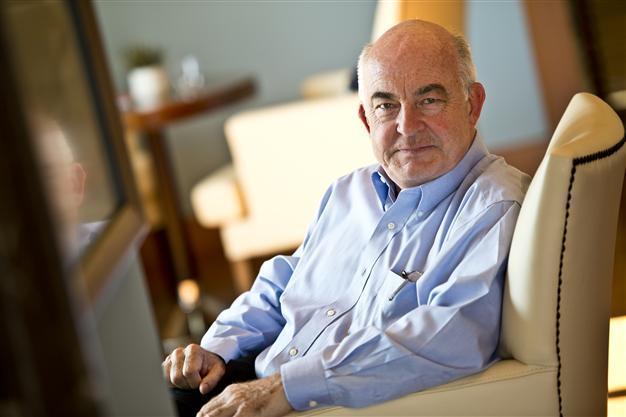Former UNDP head joins opposition CHP
ANKARA

Hürriyet photo
Kemal Derviş, a former U.N. Development Program chief and well-known economist, has promised to join the Republican People’s Party (CHP) and serve as deputy prime minister responsible for economics if the social democrats come to power.“Taking charge in a government with a social democratic dimension in which the CHP will have a say and working for social democracy and trying to improve Turkey in terms of social democracy would be a source of happiness for me,” Derviş said in a meeting with CHP’s chairman Kemal Kılıçdaroğlu on March 26 in Ankara.
But Derviş said he would not run in parliamentary elections that will be held June 7, meaning he could only join a CHP government as a non-deputy minister. “I have been a social democrat since the 1970s and a voter of the CHP,” he explained.
Derviş who is currently working as the vice president of the prestigious U.S. think tank Brookings, served as the minister responsible for the economy in the early 2000s and restructured the fragile Turkish economy through a set of reforms.
“We talked about not only Turkey’s problems, but also the world’s problems. He told me his observations about Turkey’s and the world’s economic state. We are extremely happy. Due to his contributions to the economy and also his attempts at helping Turkey get out of the economic crisis, not only the CHP, but the whole nation, pays tribute to him. At this point we also talked about our own economic program and also our election bulletin. I got his views on this matter,” Kılıçdaroğlu said during the meeting with Derviş.
Derviş said they talked about the CHP’s updated political program, which he described as new and a potentially important contribution to Turkey.
“Both international conditions and internal conditions make the situation more difficult. I hope more determined steps for genuine and speedy growth can be taken after June 7,” he said.
Derviş also drew attention to the need to move to a technology-intensive economy that would also create employment. “There is a need to take giant steps in governance as well,” he added.
















